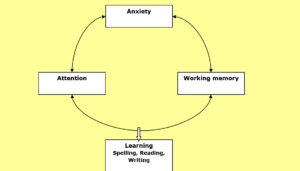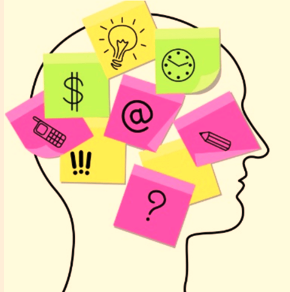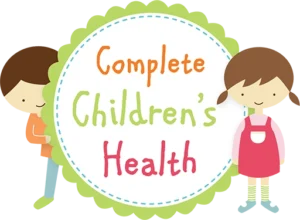 Working memory refers to the ability to hold and manipulate information in the head over short periods of time. It’s the capacity to hold information in mind for the purpose of completing a task, encoding information, or generating goals, plans, and sequential steps to achieving goals.
Working memory refers to the ability to hold and manipulate information in the head over short periods of time. It’s the capacity to hold information in mind for the purpose of completing a task, encoding information, or generating goals, plans, and sequential steps to achieving goals.
Working memory is essential to carry out multi-step activities, complete mental manipulations such as mental arithmetic or fluid written language projects, and follow multi-step instructions. It provides a mental ‘thinking space’ that is used in many important learning activities and everyday situations.
It is a basic mental skill that is important for learning and everyday tasks. A lot of children with learning and attention issues have trouble with working memory.
The information can be lost either because attention is distracted from it, or it gets replaced by other information as we try to do something else at the same time.
Working memory continues to develop in children until around mid-adolescence. As children with working memory difficulties mature, the gap between their working memory capacity and that of their peers significantly increases.
How do you notice poor working memory in children?

Children with poor working memory often have the following characteristics:
- They appear inattentive and highly distractible.
- Shows incomplete recall
- Can ‘forget’ what they were going to say.
- Their academic progress is slow
- They have trouble following instructions or may complete the first step or possibly the first two correctly, and then give up.
- They have problems keeping track of what they are doing.
- Miss or lose the crucial information that is needed to guide their learning.
If children have a hard time with their working memory, try giving a child one task at a time to keep them focussed as that helps avoid cognitive overload. It is a common trait of all children to try and tackle many tasks at once, so by assigning one task at a time all tasks are likely to be completed without distraction.
Routines are important for helping with working memory, find a pattern and stick with it. When a task becomes routine it is not taking up space in the working memory to function.
Written notes can help as often children believe they will remember things but then forget, so if your child gets in the habit early of writing things down, this will hold them in good stead for years to come.
Brain training and memory games can also help and there is a lot of those on the internet which can be fun and interactive for you and your child.
At CCH we working with many allied professionals who can help your child with working memory issues. In some cases, ADHD medications (which don’t specifically treat working memory issues), can reduce distractibility and increase focus, which makes it easier for children to access their working memory. We provide a thorough assessment to see what the required steps are to help you and improve your child’s working memory.
